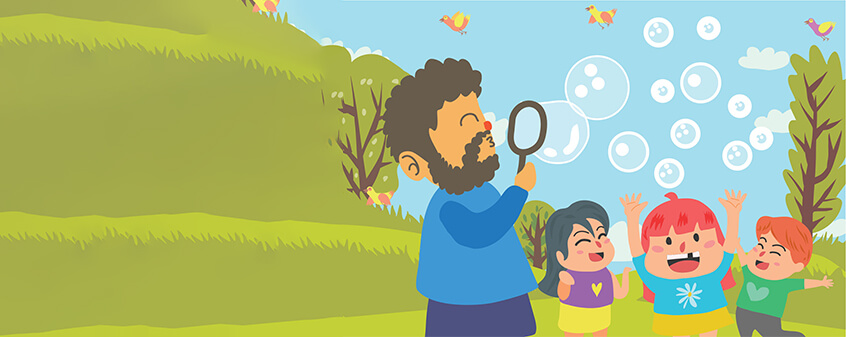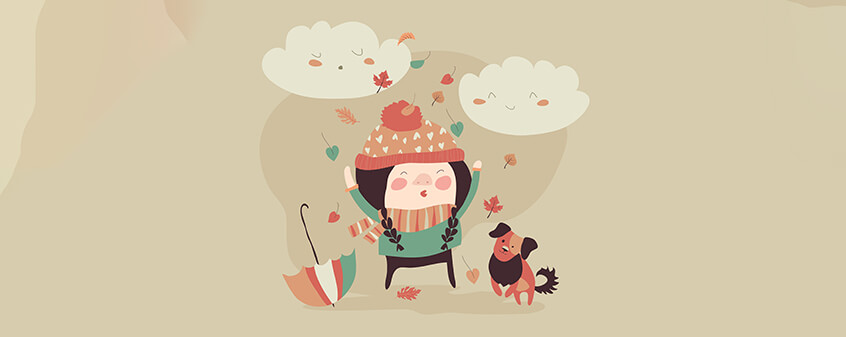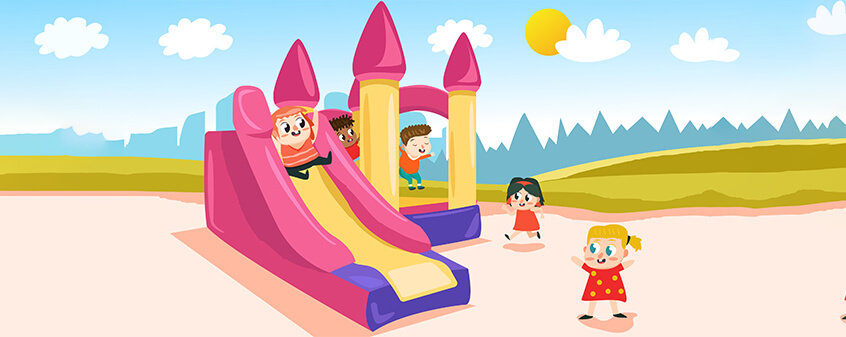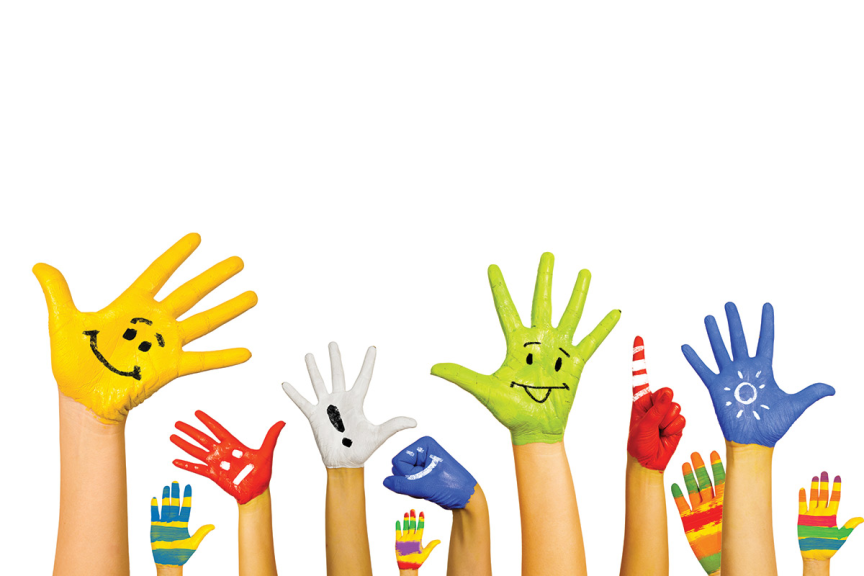SLUG: Parenting
Synaptic connections for a bright future
Do not rob your child of optimum brain development. Make the most of the synaptic connections to ensure growth and construction and the first years are the most crucial, says Lina
The first years of the new born are the most critical for brain development. The child has millions of brain cells when born and each experience creates a synapse in his/her brain. Simply put, a synapse is a connection between the various cells of the brain and the role of parents is crucial in felicitating these synaptic connections through various forms such as rubbing the child’s back, showing pictures, playing music help immensely.
In short, showering unconditional love and time goes a long way in the overall development of the child. With every synaptic connection it is not just the intelligence of the brain that develops; important emotional growth such as trust in the parent begins during the first year too. Let your baby bathe in your love. The more interaction you offer, the more confident he/she grows as an adult.
Every activity one does lays the foundation for some talent, which will surface later in life.The development of the child’s brain has a lot to do with the experiences she undergoes.
The synapse is like a bulb and it will work only if a source of energy is present. When there is no electricity, a bulb won’t glow. Once the power supply is ensured, the bulb continues to glow till the power is taken away from the bulb. Similarly, the synapse needs a continuous supply of input to remain active.
This connection happens with every single activity. The more experiences we offer a baby, the more synaptic connections she is able to make. These connections between the cells help develop the brain, and so they need to be nurtured and motivated. Synapses that are not fed with thought and action will die. That is why we learn certain things and forget others. So use every opportunity you get to keep synapses active.
The frequently asked question is, ‘Will my baby understand if I read stories to her, she is just eight months.’ The answer is a big Yes. The power of the human brain is such that the positive affirmations pass on to the child.
Dealing with tantrums:
- Stick to a routine: Maintain a routine for naps, meals, play time, bedtime, bath, etc. Routine brings stability in the child’s mind. He then begins to anticipate the next activity and learns to get ready for it. You will notice that when it’s bath time, he may get his towel and soap ready for you.
- Offer choices: Don’t ask open ended, questions like, ‘What juice do you want to drink?’ Instead ask ‘do you want orange or lemon juice?’ Being able to choose gives your 2-year-old a sense of independence. He is given the freedom to choose. This makes him feel in charge and powerful.
- Don’t give in to tantrums.
- Don’t just say ‘no’. Say what they could do instead of that.
- Distract them. It’s easy to get kids to do different things.
- Make most things seem like a game. They could aim to throw waste paper into the trash can.
- Count on stars and smiley’s to reward them. They love it when they are rewarded.
- A safe environment is highly essential. Ensure that any fragile or delicate things are out of their reach. The home need not turn into a war field.
Each child is different and there is never going to be a standard blue print of dealing with your children, however keeping in mind some of these points will help you in the early stages of parenting.








